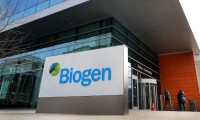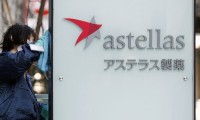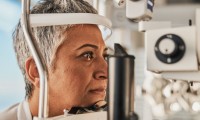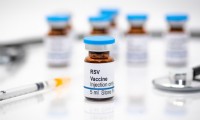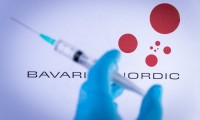-
Biogen to Cut 1,000 Jobs as Part of $1B Cost Savings Plan
- Source: drugdu
- 138
- July 27, 2023
-
One Simple Brain Hack Might Boost Learning and Improve Mental Health
- Source: drugdu
- 97
- July 27, 2023
-
Astellas Strikes Another Deal to Expand in Cancer, Partnering With PeptiDream
- Source: drugdu
- 110
- July 27, 2023
-
Kodiak Sciences Scraps Late-Stage Vision Loss Biologic
- Source: drugdu
- 115
- July 26, 2023
-
Bavarian Nordic Drops Out of RSV Vaccine Race with Phase III Flop
- Source: drugdu
- 110
- July 26, 2023
-
Bavarian Nordic Falls by RSV Vaccine Wayside After Phase III Failure
- Source: drugdu
- 109
- July 26, 2023
-
Johnson & Johnson to Reduce Its Kenvue Stake by at Least 80% Through Exchange Offer
- Source: drugdu
- 121
- July 26, 2023
-
Roche Partners with Alnylam on Hypertension Therapy in Deal Worth up to $2.8bn
- Source: drugdu
- 227
- July 26, 2023
-
Sandoz Granted Positive CHMP Opinion for Multiple Sclerosis Biosimilar
- Source: drugdu
- 121
- July 26, 2023
-
Quality of Snacking Matters More Than Quantity or Frequency, Study Shows
- Source: drugdu
- 112
- July 26, 2023
your submission has already been received.
OK
Subscribe
Please enter a valid Email address!
Submit
The most relevant industry news & insight will be sent to you every two weeks.

